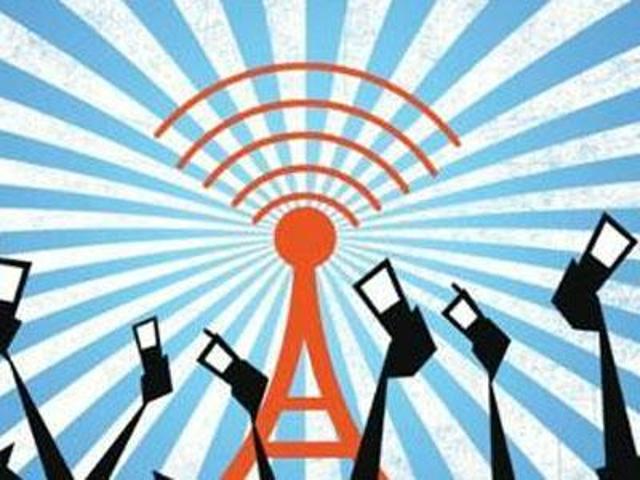The Nigerian Communications Commission said on Wednesday it was suspending the implementation of the new minimum pricing template for data services by mobile operators in the country, which was due to kick in December 1.
The Director, Public Affairs at the NCC, Tony Ojobo, said in a statement that it decided on the suspension to enable further consultation with industry interest groups.
“Following concerns that visited the directive to introduce price floor for data segment of the telecommunications sector beginning from December 1, 2016, the Nigerian Communications Commission (NCC) has suspended any further action in that direction,” Ojobo said.
“The decision to suspend this directive was taken after due consultation with industry stakeholders and the general complaints by consumers across the country.”
According to the NCC spokesman, the Commission has already asked all operators to maintain the status quo until the conclusion of study to determine retail prices for broadband and data services in the country.
Prior to the suspension, Nigerians had raised concerns about the impropriety of the decision by government to hike price of data at this time.
Several Nigerians accused the NCC of insensitivity, considering the high cost of living in the face of the current economic recession in the country.
Social media users expressed fears the government planned to limit citizens’ access to the Internet.
In its reaction, the Senate passed a vote asking the Commission to immediately halt the proposed Internet data tariff hike.
The upper chamber of the National Assembly, in a motion under matter of urgent importance by Bala N’ Allah, the Senate Deputy Leader, condemned the planned data tariff hike, and asked the NCC to halt the increase immediately.
On November 1, the Commission, after a consultative meeting on October 19 with all mobile network operators in the country, wrote to them on the need to determine an interim price floor for data services.
In the memo, the telecom sector regulator justified its decision to have a price floor, claiming it was primarily to promote a level playing field for all operators in the industry, encourage small operators and new entrants.
The price floor of N3.11 kobo per megabyte of data in 2014, it recalled, was removed in 2015, pointing out that the price floor that was supposed to flag off on December 1, 2016 was put at 90 kobo per megabyte.
Although the Commission said smaller operators, by virtue of their small market share, were exempted from the now suspended price regime, it said the decision on the floor price was to protect the consumers who are at the receiving end.
The commission said the decision was equally to save the smaller operators from predatory services likely to suffocate them and push them out of business into extinction.
“The price floor is not an increase in price, but a regulatory safeguard put in place by the telecommunications regulator to check anti-competitive practices by dominant operators,” Mr. Ojobo clarified.
He denied the regulator had fixed prices for data services, pointing out that “the NCC does not fix prices, but provides regulatory guidelines to protect the consumers, deepen investments and safeguard the industry from imminent collapse.”
Prior to the now suspended price floor of N0.90k/MB, the industry average for dominant operators, including MTN Nigeria Communications Limited, EMTS Limited (Etisalat) and Airtel Nigeria Limited was N0.53k per megabyte.
Etisalat offered (N0.94k per megabyte), Airtel (N0.52k per megabyte), MTN (N0.45k per megabyte) and Globacom (N0.21k per megabyte).
A comparison of the data prices by the major operators with that initially proposed by NCC shows that but for the reversal, majority of Nigerians would have had to pay between 90 and 300 per cent increase in data prices.
The smaller operators/new entrants, including Smile Communications, Spectranet and NATCOMS (NTEL) were allowed to charge N0.84k, N0.58k and N0.72k per megabyte respectively.














